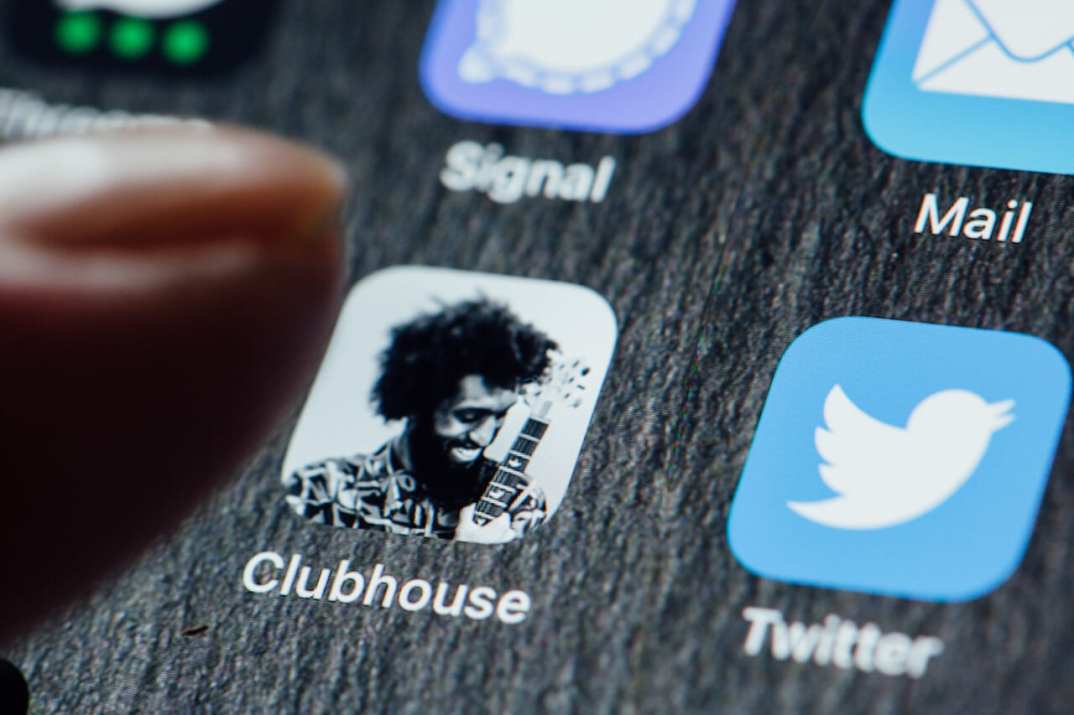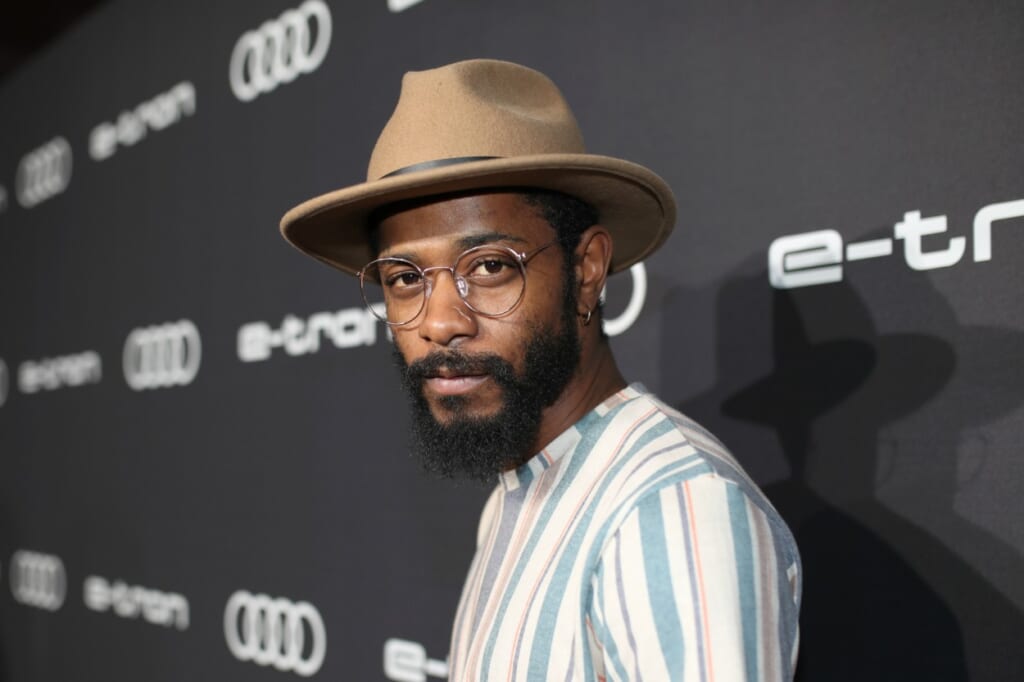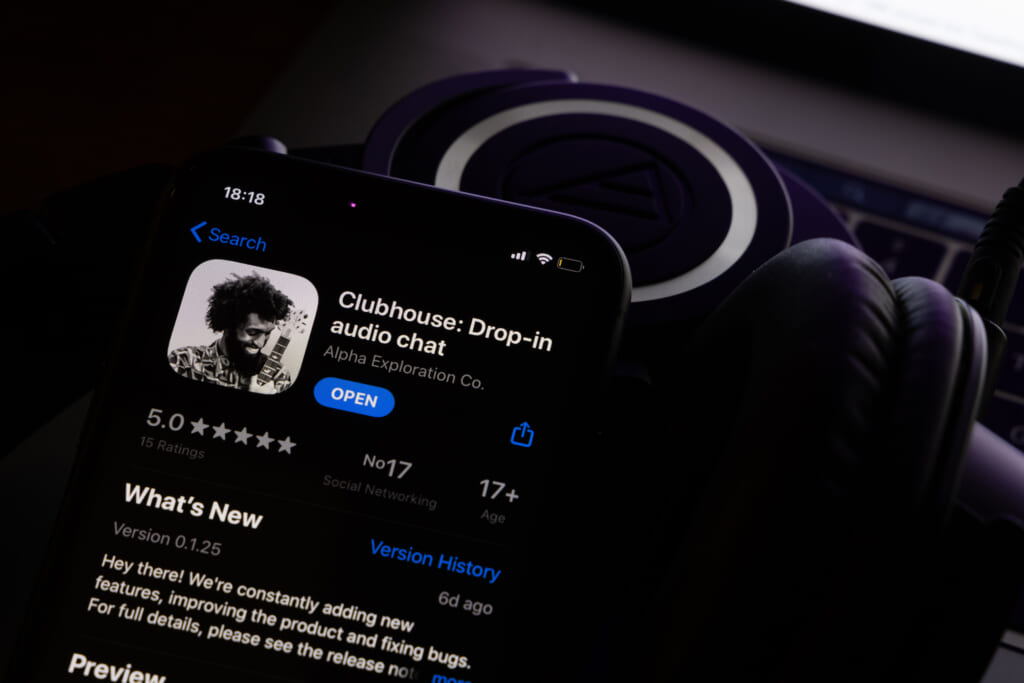On Clubhouse, Black people get to literally speak truth to power
OPINION: The invite-only audio app shows the importance of not only hearing Black voices, but actually amplifying them

Amid the pandemic, social media has transformed thanks to an emerging app that’s gotten the attention of Black users worldwide.
Clubhouse, the invite-only audio app created by Paul Davidson and Rohan Seth, has 10 million active users on a weekly basis and is roughly worth $1 billion. The duo and their Silicon Valley investors can owe much of this success to a massive audience that’s been mostly generated by Black users, who have turned their venture into a creative enterprise. In less than a year, Black users transformed the app, which was once a hotspot for techies, into a social hub for interpersonal cross-cultural exchanges.
To enter a Clubhouse “room” is to be a part of an audio community of thinkers, artists, innovators, and provocateurs that are either pitching ideas, debating current topics, lecturing, or simply shooting the breeze. There are moments that I will never forget, such as the time when Black performers did an entire voice-over reenactment of Disney’s The Lion King or when they had live open auditions for the Broadway hit Dreamgirls.
It’s hard to deny the traction of countless celebrity appearances that can be extremely eye-opening (like when SpaceX and Tesla CEO Elon Musk broke attendance records) or totally bizarre (such as Oscar-nominated actor LaKeith Stanfield partaking in a “moaning contest” on the app).

At its best, Clubhouse is a marketplace of creative ideas — you take what you want, and leave what you don’t. The app has become for some Black users a curated space to talk shop for those who’ve struggled to connect with like-minded professionals and community members during the pandemic. One aspect of the app that I’ve appreciated is how Clubhouse doesn’t (so far) come with the clutter of online ads, sprawling article headlines, and other visual distractions that have made other apps unbearable.
But as a Black queer journalist, the app have also turned into a toxic place where I’ve witnessed outlandish bigotry that’s also riddled in scams, conspiracy theories, and online bullying. I’ve witnessed men in some rooms not allow women to come up to the “stage,” where they can actually have their voices heard on issues. There are dozens of reports of trolls being booted off the app for online bigotry.
For example, the app was criticized last fall after some users created a Clubhouse room discussion called “Anti-Semitism and Black Culture” that some felt opened the door for some to get on stage can spew more anti-Semitism. There would be several more reported instances where users found some of the user-created content on the app to be either counterproductive dialogue or a hotbed for hate. In other words, anyone considering the app to be a “safe space” for marginalized communities would be disillusioned. Engaging? Sure. But socially sensitive? Not at all.
As Clubhouse has grown popular, it has begun to feel like a place where people create pseudo identities in rooms to bolster followers. One discussion I listened in on included a self-proclaimed “social impact entrepreneur” bragging that he had worked with major companies that a quick search on Google had disproven within seconds.

There’s been plenty of complaints about uncertified “experts” giving questionable advice on finances, mental health, relationships, and even the COVID-19 vaccine. What has once felt like a thriving network of diverse thinkers and creators, have now turned into a cesspool of missed opportunity.
As a response to what I was witnessing on Clubhouse, I made the decision to use the app to raise awareness and give a voice to those afflicted. For example, when I heard that three Black women co-owners of The Cookout app had their concept allegedly exploited by other users on Clubhouse, I hosted a room for them to share their experience. Over 650 attended the discussion and the creators made meaningful connections with those open to supporting their venture.
I’ve hosted numerous Clubhouse discussions that gave individuals that were the direct target of online harassment and/or scams to share their experiences. Recently, hundreds of users attended a room I started entitled “When Are We Finally Going to De-Platform Shaun King?” after several came on stage to share how they’ve been targeted by the activist after criticizing his high-profile controversies.
In many ways, this has allowed me to counteract the adverse direction Clubhouse’s culture has been headed. It’s also been a unique opportunity for Black users to literally speak truth to power on a digital platform that allows them to curate live discussion rooms in ways that are arguably more intimate than their competition. For what it’s worth, the app has reminded me of the importance of not only hearing Black voices, but actually amplifying them — especially at a time when we still have to remind the world that ours matter.

Ernest Owens is the Editor at Large of Philadelphia magazine and CEO of Ernest Media Empire, LLC. The award-winning journalist has written for The New York Times, NBC News, USA Today and several other major publications. Follow him on Facebook, Twitter, or Instagram and ernestowens.com.
Have you subscribed to theGrio’s new podcast “Dear Culture”? Download our newest episodes now!
TheGrio is now on Apple TV, Amazon Fire, and Roku. Download theGrio today!
